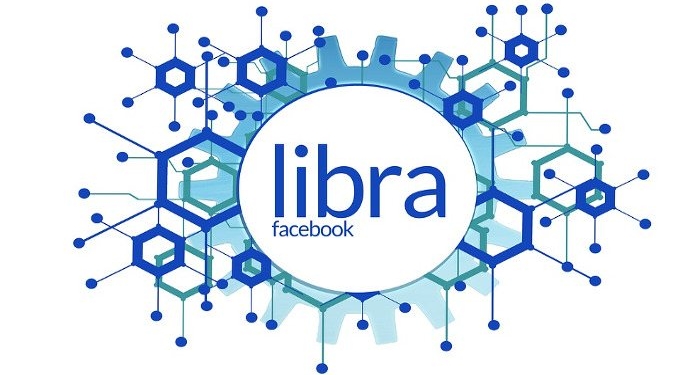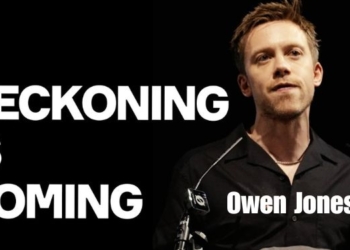
By Robert Weissman | Common Dreams
Editor's note: On Wednesday, July 17, 2019, Robert Weissman, president of Public Citizen, was among those who testified before the U.S. House Financial Services Committee against Facebook's Libra proposal. Read a statement from Public Citizen and Weissman's full testimony to the committee here.
“Trust us.”
That's the gist of what Facebook’s David Marcus repeatedly told lawmakers this week when defending Facebook's proposal to start a new privatized global currency called Libra.
As U.S. Sen. Sherrod Brown (D-Ohio) noted, Facebook “moved fast and broke our political discourse, they broke journalism, they helped incite a genocide, and they’re undermining our democracy. Now Facebook is asking people to trust them with their hard-earned paychecks.”
It would be foolish to trust Facebook about anything. It would be equally foolish to trust any giant corporation with the mission of creating a private global currency.
Maintaining a monopoly over establishing the currency and making new coins is a defining feature of national sovereignty. Facebook wants to abrogate that right to itself—and do so on a worldwide scale.
You don't have to think too hard to see how horrible an idea this is. The combination of detailed transactional data involving hundreds of millions of people with Facebook's already expansive data on billions of users' likes, personal preferences, and intimate thoughts threatens to create a corporate surveillance leviathan with no precedent outside the realm of science fiction. The new currency would enable it to glean even more information about its users, so it can engage in even more troubling advertising targeting and manipulation of consumers.
Marcus repeatedly told lawmakers that the hand-picked group of megacorporations tapped to run the Libra system would be willing to be subject to regulation. But Facebook incorporated the Libra Association—the corporate group that will manage the new currency—in Switzerland. And there's no amount of regulation that can solve the most serious problems with this proposal.
So many aspects of Facebook's plan are dangerous that it's hard to list them all. But here are a few more:
- Facebook's proposal would extend and deepen Facebook's dominance in social media, hurting competition;
- It would create financial systemic risks, but without the controls on financial institutions designed to protect against systemic risk;
- It could give the company dramatically enhanced power over information flows and our economy, enabling it both to further commercialize our lives and to crush competitors;
- It would threaten nations' ability to maintain their own monetary policy and take measures to address currency crises—if people were worried about the stability of their currency in, say, a poor country, they could shift into Libra, potentially facilitating a run on the national currency; and
- It would lead to tax cheats, organized criminal enterprises, money launderers, and others rushing to take advantage of the system that promises secrecy
The Libra ecosystem would be a welcoming home for hucksters and scammers who could escape consumer protection regulation. With an international platform using an international currency, it will be exceedingly difficult for regulators to crack down on bad actors who do business in the new Facebook currency. What happens when a lender in, say, Ukraine—perhaps failing to disclose where it is from—illegally tricks people into borrowing from them and then imposes improper fees, charges and super high-interest rates? How is a U.S. regulator going to do anything about that? Even more, what chance does a regulator in, say, Kenya have of preventing such abuses?
There are serious questions that don't involve traditional scams, too. For example, will Facebook and its corporate partners be able to gain information enabling them to price discriminate against users? How might that exacerbate racial inequalities?
The Libra system would enable Facebook to pull consumers into a closed Facebook ecosystem that will disadvantage competitors and consumers. It's easy enough to imagine Facebook and its partners disfavoring competitors, including by excluding them, offering discounts to Libra partners, or punishing those using alternative private currencies. If Facebook's plans get to scale, then the exclusion of competitors would be utterly devastating.
Facebook says it's creating a new subsidiary that will hold user's financial data and not share it with other parts of Facebook. But it would be beyond naïve to credit those promises. The company has violated its own privacy policy over and over and over again, just agreeing to pay a $5 billion fine, 200 times larger than any previous privacy fine. Even worse, the pledges that Facebook makes now are voluntary, nonbinding and subject to change or simply being ignored.
This week's hearings made this glaringly obvious: Facebook’s proposal is reckless, ill-conceived and a disaster in the making. Lawmakers and regulators should shut down Libra right now.
Our work is licensed under a Creative Commons Attribution-Share Alike 3.0 License. Feel free to republish and share widely.
About the Author

Robert Weissman is the president of Public Citizen. Weissman was formerly director of Essential Action, editor of Multinational Monitor, a magazine that tracks corporate actions worldwide, and a public interest attorney at the Center for Study of Responsive Law. He was a leader in organizing the 2000 IMF and World Bank protests in D.C. and helped make HIV drugs available to the developing world.









![Who Is Bobby Kennedy? [30-Minute Film on RFK Jr.’s Life, Narrated by Woody Harrelson]](https://consciouslifenews.com/wp-content/uploads/2024/05/who-is-bobby-kennedy-350x250.jpg)






